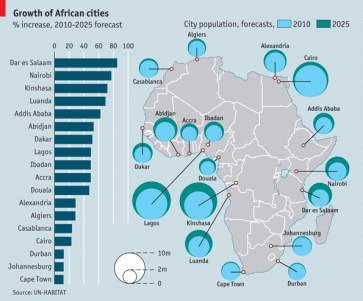“Mauritius’s state building success came on the backs of relentlessly exploited slaves and indentured labourers. Sugar planters compelled the government to ignore mistreatment on sugar estates, implement unreasonable fines and annual passport fees in the name of preventing ‘vagrancy,’ and harass those workers who tried to search for a better life in urban professions. Planters’ actions were expressly designed to subjugate and repress the politically powerless in order to maximise their economic power. Moreover, the fact that class divides coincided with racial difference meant that economic and political contention between elites and labourers on Mauritius became imbued with what was, at times, virulent racism. The worst of these endeavours were related to the planters’ quest to secure an adequate labour supply in the four decades after 1825. Later initiatives, such as railway construction and research and development programmes, were fairly benign. Together, these undertakings transformed the island’s economy and governmental capabilities. In Mauritius, then, one finds something of a developmental paradox: although the long- term consequences of state building have led to a regional ‘miracle’, the way in which the island’s elite and government laid the groundwork for it was normatively reprehensible.”
That is Ryan Saylor writing in the latest edition of Review of African Political Economy.
The paper mostly focuses on the success story that was Mauritian state (capacity) building. But this paragraph is a reminder to those who imagine a whiggish history for much of the developing world to go take a hard, honest look at history.
Throughout most of history, in order to have barons that successfully limited the power of the king or his equivalent (thus creating the roots of post-enlightenment democracy) you needed barons who could extract the life out of peasants. Wars that made states killed lots of young conscripts, confiscated private property and led to the demise of whole peoples’ ways of life (Not all French had French speaking ancestors, for instance). And speaking of the French, they went through lots of republics and dictatorships to become what they are today. Further afield, following its own civil war the institutions of government designed to protect human rights in the US had to look the other way until the 1960s in order to preserve its democracy. In the 20th century, decades of intolerant Kemalist ideological orthodoxy laid the foundation for the Islamic world’s most resilient democracy in Turkey.

Source Wikipedia. Darker shades indicate state failure in 2011.
Will Egypt, Rwanda, Kenya and the rest escape these patterns if they are ever to become Denmark, the supposed paragon of liberal democracy?
How does one go about state-building in a modern world with sacrosanct borders and a saner human rights regime?
Recent events in the DRC and CAR confirm the urgency with which we ought to address the question of state-building in the developing world in general, and in Sub-Saharan Africa in particular (see map).
Wars of conquest (which probably would have resulted in Rwanda, Angola and Uganda carving up the DRC) are no longer kosher. Add to that the demands of a tighter and saner human rights regime and you are left with little room to maneuver if you are trying to create an effective state (which occasionally may involve curtailment of political rights). Unless you can somehow insulate yourself from the so called stakeholders, including the International Bleeding Hearts Industrial Complex – like much of east Asia did through the 70s and 80s – you are left with a rather tricky situation of trying to forge a unified state with a million and one centrifugal forces with communal rights backed by threats of donor sanctions. The same system ensures that every rebel group that can cobble together a few guns gets to sit at the table (see Sudan, Mali, Burundi, DRC, CAR, Chad). The UN or some Nordic state pays the hotel bills. Western observers and their sponsoring organizations write reports. Some of them meticulously document human rights abuses by rebels and government troops alike.
Meanwhile censuses are never taken. Taxes are never collected. Little economic activity takes place. And millions of people continue to live just a little bit better than they would in some stateless state of nature.
The present international consensus appears to be one that believes in state-building through democracy and institutions. Lived reality for much of world history appears to contradict this consensus. In most cases democracy and the phantom great institutions appear to lag state-building.
The challenge for those of us interested in state-building is to think of ways to go about the effort in a manner that is sensitive to the present human rights regime and structure of the international system. The present urgency, occasioned by widespread human suffering in the less governed spaces of the globe, requires that all reasonable options (including some uncomfortable ones) be put on the table.




